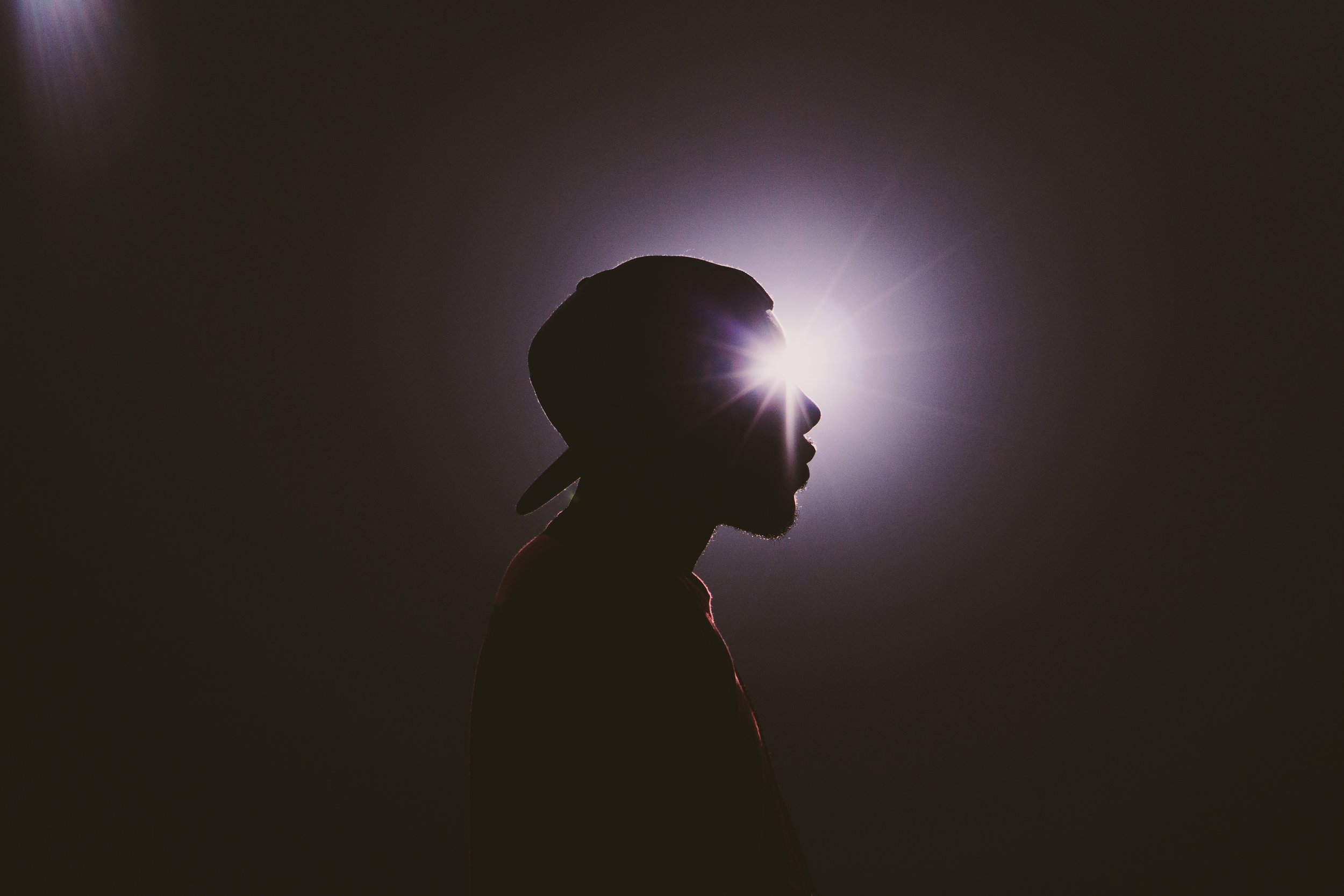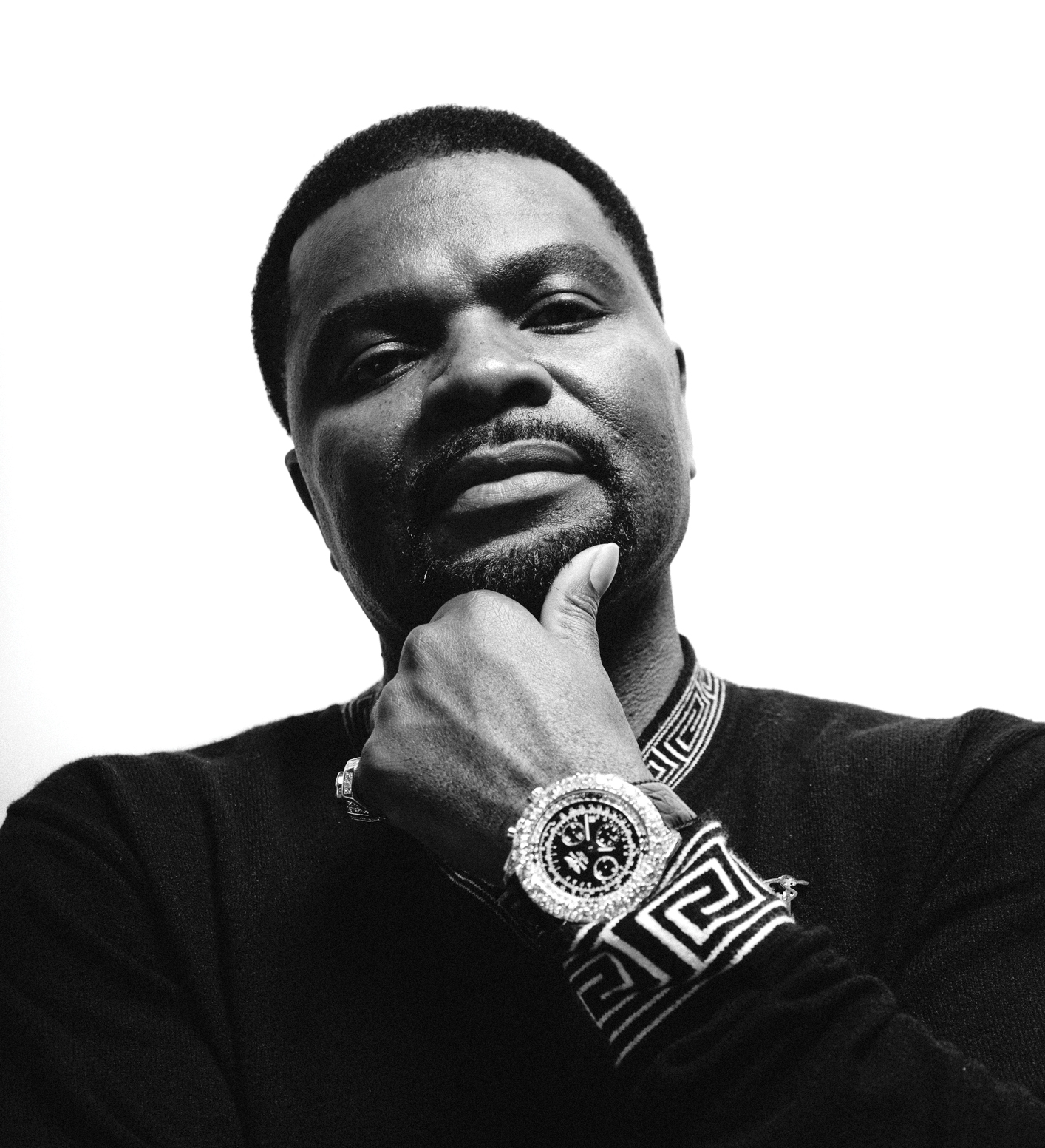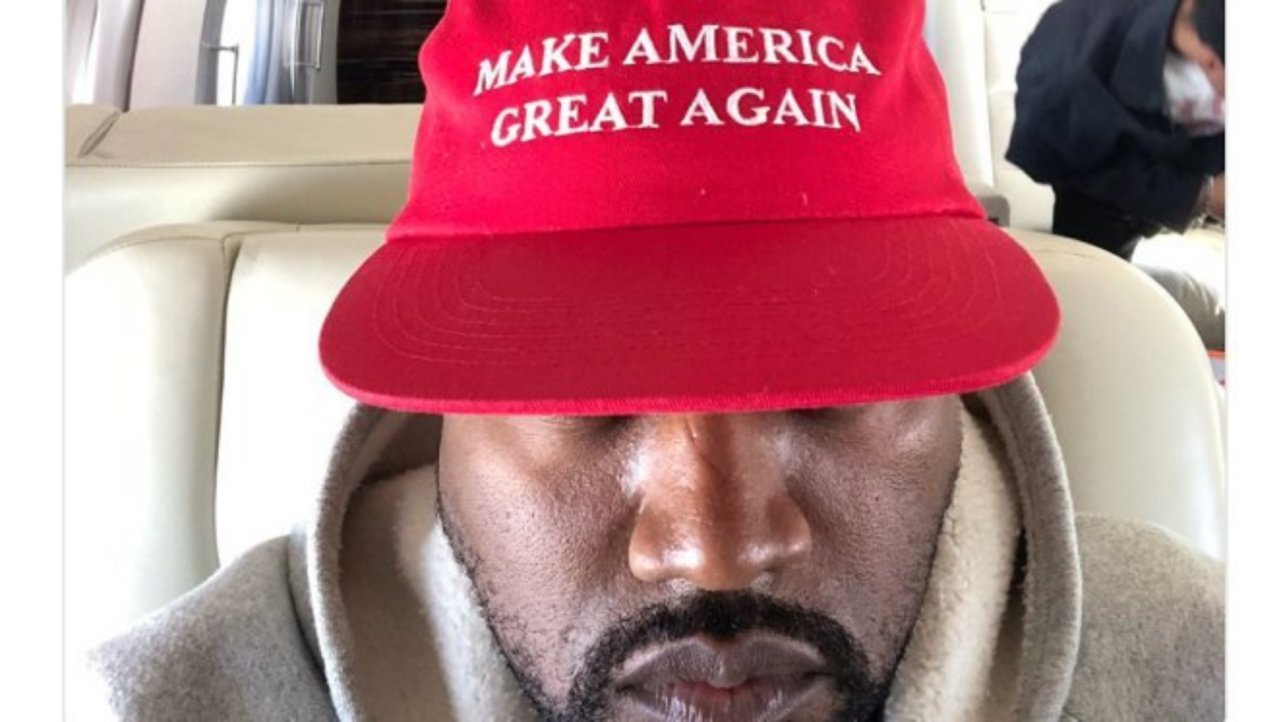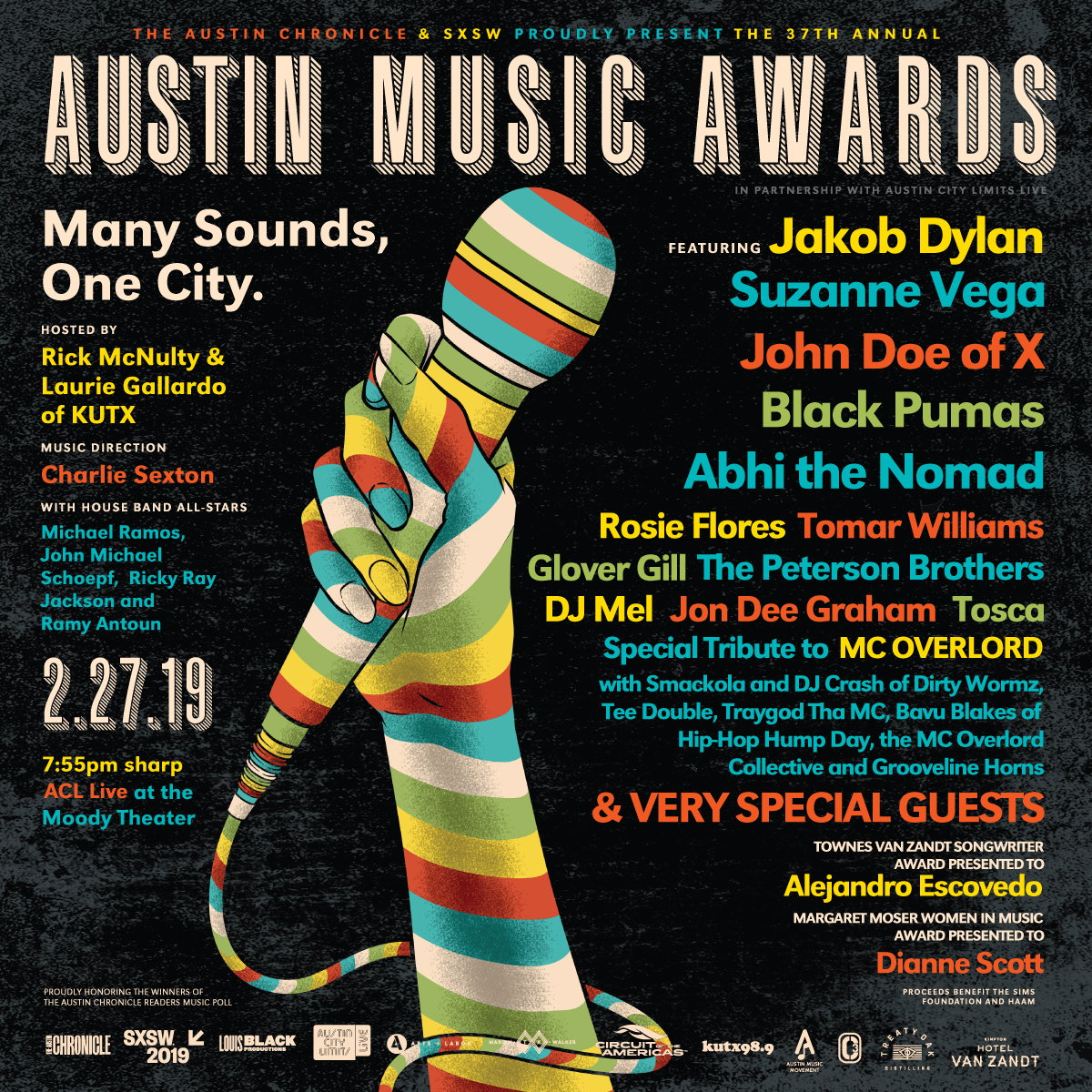The Quiet Battlefield: Beef in Today's Hip-Hop

It’s been said that hard times create strong men, strong men create good times, good times create weak men, and weak men create hard times. The same can be said about hip-hop in 2018, and the underwhelming finish to the Pusha T and Drake beef is the shining example of the weak men enjoying these good times.
Since the end of May, the rap world has been abuzz with excitement after Pusha T reignited his years-long beef with OVO frontman, Drake, calling out his ghostwriters, manipulated sales numbers and the shabby conditions of Young Money, the record label keeping Lil Wayne from releasing new projects and holding his money hostage. The feud came to an abrupt end after a private conversation between G.O.O.D. Music founder Kanye West and Rap-a-Lot Records CEO J Prince. While the two seem to have concluded the situation amicably, the decision to stop the battle without a definitive winner signals concerns for the state of hip-hop as a whole.
N.W.A in 1989. Clockwise from bottom left: Ice Cube, DJ Yella, Dr. Dre., MC Ren, and Eazy E. Photo by Douglas R. Burrows via The L.A. Times)
Since the beginning of hip-hop, the landscape has been rough. Gangs like the bloods and crips were created and quickly grew bringing with them steady growth in crime beginning in the 1970s. Add to that the crack epidemic of the 1980s and 90s and you have a gritty narrative, with people looking for a way out. From The Sugarhill Gang, to NWA, to Bone Thugs-N-Harmony, hip-hop was filled with criminals and Black youth looking for an opportunity to create a better life for themselves. In a time when options where few and far between and there was no paved path to success in music for rappers, countless artists competed for the top spots, and sometimes that meant going to war to protect your credibility. This has been the case for decades, with legends being born and careers being killed across the landscape.
As far back as the 1980s, during the battle for New York between the Queens-based Juice Crew and Bronx-born crew, Boogie Down Productions (BDP) with KRS-One at the front. Ultimately, BDP ended the careers of the Juice Crew with “The Bridge Is Over,” which is widely regarded as a classic. Fast-forward to the mid 1990s, and we have what is the most notable rap beef the genre has ever seen — 2Pac and Biggie. The two rivals set in motion a cost-to-coast conflict that included some of today’s legends in hip-hop, including Snoop Dogg and P. Diddy. We know how that beef ended, but I would have to declare 2Pac the winner, given the intensity he came with on “Hit em Up.” These are the same hard times that created Pusha T.
Even younger hip-hop fans have been witness to career-killing beef, when in the mid 2000s Ja Rule made the mistake of taking aim at 50 Cent and his entire team. Granted, this beef started in the 90s and technically still continues today, Ja Rule managed to simultaneously step on a fatal land mine and deliver one of the most ruthless bars in rap:
“Em, you claim your mother’s a crackhead and Kim is a known slut, so what’s Hailie gon’ be when she grows up?”
In a single line, Ja Rule took shots at his opponent’s mother, lover and child — something we haven’t really seen that directly since Pusha T dropped “Story of Adidon.” Full disclosure, it didn’t end well for Ja Rule. 50 Cent, Eminem and Busta Rhymes pretty much ended his career with “Hail Mary" and D12 with "Hailie's Revenge."
All of that said, hip-hop has lived through the hard times, and in the process created many strong rappers, that have gone on to create the good times that swept the country in 2007, when rap saw a massive shift. The genre saw a new temperment with Kanye West dropping “Stronger,” Shop Boyz dropping their singular hit, “Party like a Rock Star,” and Soulja Boy taking the world by storm with “Crank That” all in the same year. Even Eminem went clean shortly after — all of this signalling that overall, peace was on the horizon and we’ve been there ever since.
Following the cultural shift of 07, hip-hop hasn’t been back to the hard times. Once Soulja Boy showed that hip-hop can be accepted worldwide when it’s not about selling drugs and running down your enemies, mainstream dollars started to get involved, which created an avenue for less aggressive artists to rise to the top. Rappers who could be more palatable and clean up nice for the mainstream — which is to say, rappers that white audiences could stomach — got the financial backing and media attention. This is the time when hip-hop saw hits like “Airplanes” by B.O.B. “Every Girl” from Young Money and “Day N Night” by Kid Cudi. Enter Drake.
Drake got on the scene in 2007, but it wasn't until 2009 that he was launched into the spotlight.
Drake owned most of the late 2000s and early 2010s by making non-confrontational (weak man) rap with a list of hits: “Best I Ever Had” (09), “Successful” (09), “Find Your Love” (10), “Miss Me” (10), “Over” (10) and “Fancy” (10). This string of success further influenced the shift from aggressive (strong man) rap like “Ante Up” to more peaceful themes, taking the spotlight from hip-hop tough guys like the Wu Tang Clan, 50 Cent and Young Jeezy. Part of the problem with this shift is the now infamous use of ghostwriters and collaborative efforts by rappers like Drake who have risen to the top, showing that you no longer need to be the strongest rapper in the game, but instead have the best backing and make the mainstream comfortable.
What most rappers won’t admit is that a major factor behind their success — or lack thereof — is who they have backing them. The moving pieces that fans don’t often see, who vouch for them behind closed doors and add weight to their name with the gatekeepers along the way. Enter J. Prince. If you’re a Texan, particularly from Houston, then it’s easy to see the impact having J. Prince on your side can have for someone like Drake. J. Prince is one of the legends who came up as a strong man in the hard times and played a major role in creating the good times that have since given rise to the non-confrontational (weak) men — he’s seen the cycle, and you can read about it in it new book. Kanye and J. Prince are the OGs in this beef, and it’s unfortunate that they’ve chosen to throw in the towel when it’s time for Drake to return with lyrics because it would be “out of character” for him.
“Whenever you have to get what I call...go to a pigpen mentality, that would be getting out of character for Drake, and it would be getting out of line where music is concerned,” J. Prince said in a segment with Complex. “And that’s the way I felt when Pusha went there, with his mother, with his father, with 40 being the sick man, his concern for you to take things to that extent, then you’re going somewhere else. When a man feeds into that pigpen mentality, or when you nourish that kind of behaviour, that’s when it gets ugly… It can escalate very fast, and that’s what I was trying to prevent.”
The problem with J Prince and Kanye ending the beef is that for many rap fans, this is still a gladiator sport, where artists have put their careers — and unfortunately their lives at times — on the line in order to beat their competition in direct lyrical combat. Yes, the genre has seen some literal fatalities — even 50 got stabbed during his beef — but the vast majority of beefs end with all parties being able to walk away, and saving Drake from the fight is akin to telling the older brother (Pusha T) to leave his little brother (Drake) alone, regardless of who started it.
The question now is, what does this say about hip-hop today? Despite Drake having lyrics like, “all that peace and that unity, All that weak shit'll ruin me, fuck em” it would seem that the powers that be would rather have everybody holding hands singing “Kumbaya” so that nobody has to take real risks and nobody has to lose, and everyone can have a good time. But you know what they say about good times...
Nick Bailey is a forward thinking journalist with a well-rounded skill set unafraid to take on topics head on. He now resides in Austin, TX and continues to create content on a daily basis.








